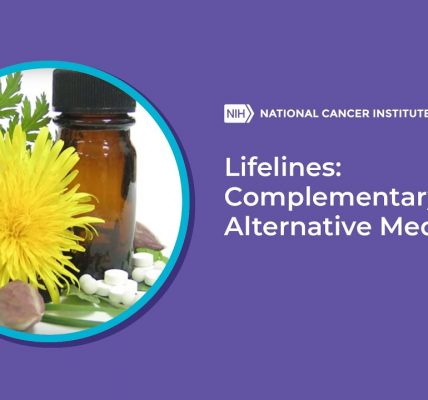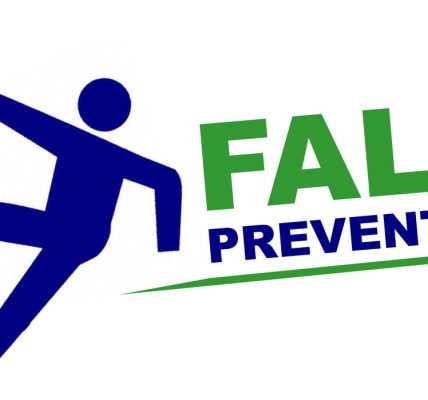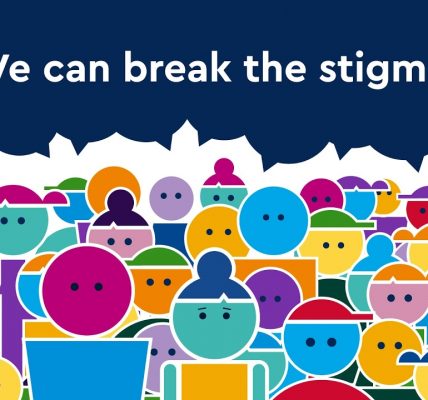Emergency care is crucial for treating sudden, serious illnesses or injuries. Knowing when to seek emergency medical attention can save lives.
When to Seek Emergency Care
You should seek immediate emergency care if you or someone you know is experiencing any of the following:
- Severe Chest Pain: This could be a sign of a heart attack.
- Sudden Severe Headache: Especially if accompanied by other symptoms like dizziness, confusion, or weakness.
- Difficulty Breathing: Shortness of breath or trouble breathing.
- Severe Abdominal Pain: Especially if accompanied by vomiting, bloody stools, or fever.
- Sudden Severe Dizziness or Fainting: This could indicate a serious medical condition.
- Severe Burns: Burns that cover a large area of the body or are deep.
- Severe Bleeding: Uncontrollable bleeding that cannot be stopped with direct pressure.
- Severe Allergic Reaction: Difficulty breathing, swelling of the face or throat, or a severe rash.
- Signs of Stroke: Sudden numbness or weakness, confusion, trouble speaking or understanding, trouble seeing in one or both eyes, trouble walking, dizziness, or severe headache.
How to Call for Emergency Services
- Call 911: This is the emergency number in many countries.
- Provide Clear Information: Be prepared to give your location, the nature of the emergency, and the condition of the person in need.
- Follow Instructions: Listen carefully to the dispatcher’s instructions and follow them exactly.
Emergency Rooms vs. Urgent Care
- Emergency Rooms: Handle life-threatening conditions and injuries.
- Urgent Care Centers: Treat non-life-threatening illnesses and injuries that require immediate attention but not necessarily emergency room care.
Remember, it’s always better to err on the side of caution. If you’re unsure whether a situation is an emergency, it’s best to seek immediate medical attention.




